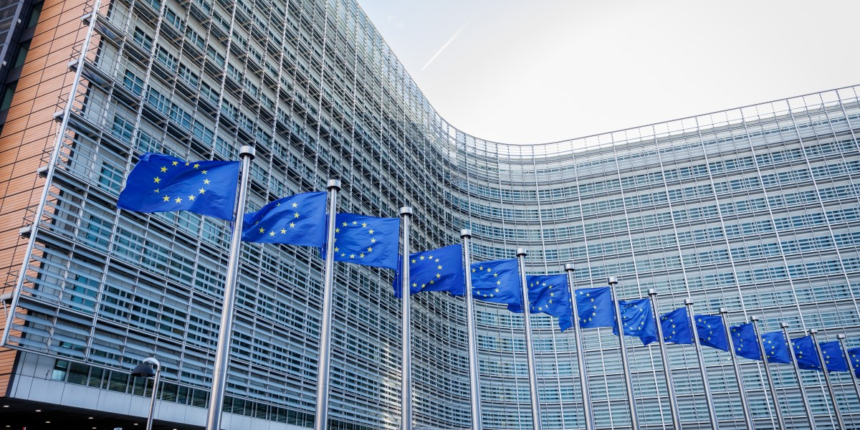The European Union is considering watering down its flagship AI Act following backlash from Big Tech companies and the US government, according to a report in the Financial Times which cited a draft document outlining the proposed changes that it had seen and an interview with an unnamed senior EU official.
The unnamed senior EU official told the Financial Times that Brussels has been “engaging” with the Trump administration on potential adjustments to the AI Act and other digital regulations as part of a broader effort to simplify the legislative framework.
Representatives for the European Commission told Fortune the commission “will always remain fully behind the AI Act and its objectives.”
“When it comes to potentially delaying the implementation of targeted parts of the AI Act, a reflection is still ongoing within the Commission,” Thomas Regnier, a Commission spokesperson, said in a statement. “Various options are being considered, but no formal decision has been taken at this stage.”
Some of the proposed changes are set to affect the EU’s landmark AI Act, one of the strictest pieces of AI regulation in the world. Passed in 2024, the act bans certain uses of AI, such as social scoring and real-time facial recognition, and imposes strict rules on the use of AI in areas deemed “high-risk” such as healthcare, policing, and employment. It applies not only to companies within the EU but also to any firm offering AI products or services to Europeans. It also imposes strict transparency requirements on global firms and punishes violations of the law with heavy fines.
Under a draft proposal reviewed by the Financial Times, companies that have deployed so-called high-risk AI systems could receive a one-year “grace period” before enforcement begins. The delay would allow firms in these high-risk domains that are already deploying AI to make adjustments “without disrupting the market,” according to the draft document.
The proposal, which remains under internal discussion within the Commission and with EU member states, could still be amended before its expected adoption on November 19. Even once finalized, it would need approval from a majority of EU countries and the European Parliament before being put into practice.
The Commission is also considering postponing the start date for penalties related to transparency violations under the new AI Act. If approved, fines for non-compliance would not take effect until August 2027, giving companies and AI developers “sufficient time” to adjust to the new obligations.









